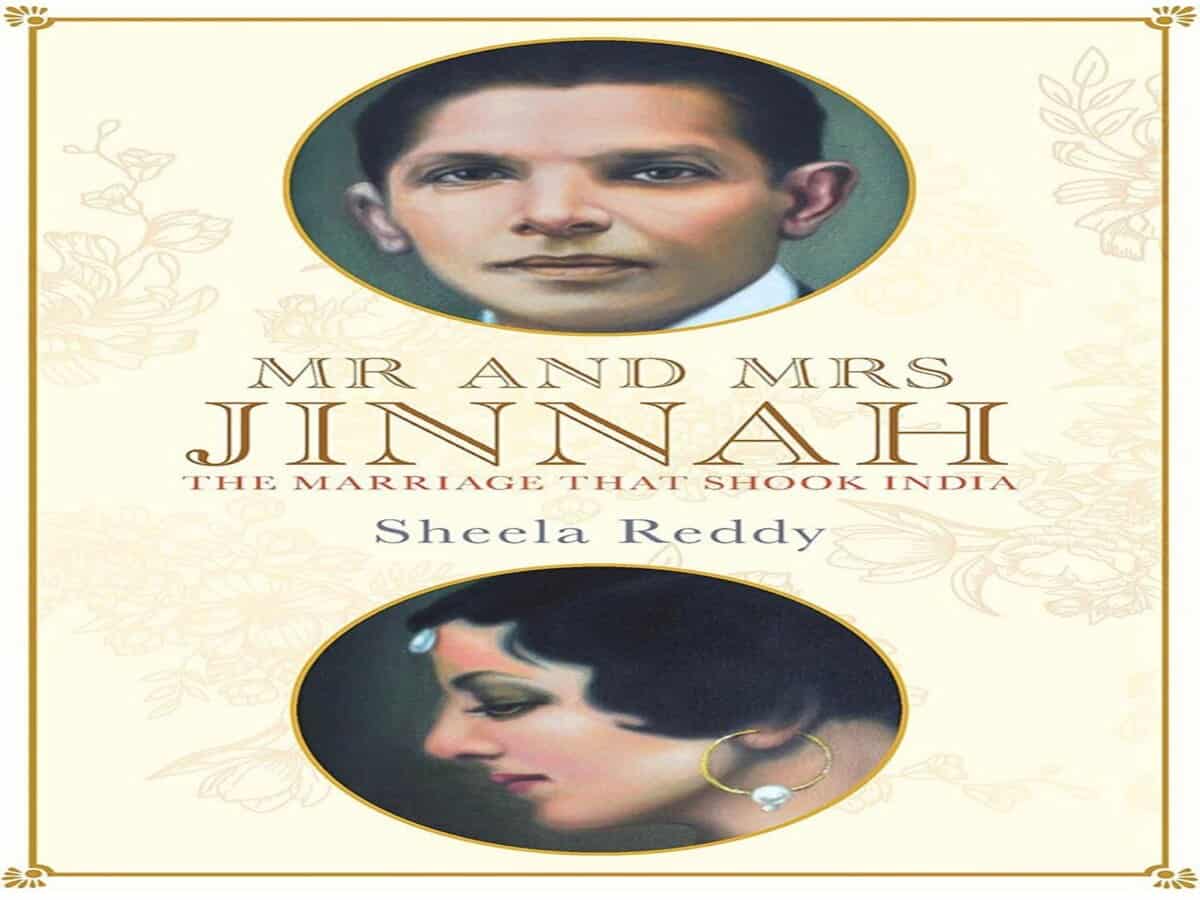

A lot of us are familiar with Sheela Reddy. She is a prolific journalist and a political commentator and in her last avatar was the books editor of Outlook magazine. She was always known for her racy style of writing and also her meticulous research.
In India, one feels sorry for the amount of negative press that Mohammad Ali Jinnah, the founder of modern-day Pakistan gets. The pipe smoking, Saville Row suited booted lawyer whom we are always reminded that he ate pork and enjoyed his scotch ( both not so kosher things to do for someone bargaining for a country based on Islam as its unifying force) and how his personal ambitions to be the boss led to the creation of Pakistan and later the greatest tragedy of modern times – the mayhem due to the partition of India into the Hindu dominated India and the Muslim Pakistan where millions died on both sides. As Indians, most of us have read enough books on the uber westernized Jinnah and his run ins with our ever so Spartan and Saintly Mahatma.
Between this Indian narrative of Jinnah as a villain and his image in Pakistan as the father of the nation (actually Jinnah is more Indian / Guju / Mumbai boy than Pakistan he hardly lived in Pakistansuccumbing to Cancer within a year of Pakistan’s formation ) possibly lies the truth. Sheela Reddy does not write a political biography but writes on Jinnah the person – his early child-hood, his love life and marriage and its slow disintegration finally culminating in his wife’s premature death.
With painstaking research, she creates a compelling tale of a poor indigent Gujarati Muslim who is sent to London to work, finds that if he has to work his way up in life, he needs to be something more than a clerk in a trading house, completes his law degree against all odds and comes to Mumbai – India to set up a flourishing legal practice and gravitates into politics. A lot of this was revealing as I was always under the impression that he was born rich and lived richer, the popular Indian narrative never focused on his humble background and his remarkable efforts to reach above his station through hard work.
Enter Russie Petit. Bon Vivant, bohemian born into Parsi aristocracy (her father was amongst other things a Baronet) and all of 18 years old and her doomed attraction towards the successful widowed lawyer ( a child marriage story is part of the Jinnah background), their subsequent marriage, the run ins with the Parsi community ( she gets ex-communicated and her wealthy father also files a case of abduction against Jinnah), their complicated relationship and the final separation and later her untimely demise forms the crux of the story.
Apparently, Ruttie Jinnah nee Petit was a prolific letter writer. Her correspondence with Sarojini Naidu and her two daughters Padmaja and Leelamani unspools her life as they were apparently her good friends, confidantes and her extended family after she was disowned by her own family and ostracized by the Parsis.
While the Indian Independence, the rise of Jinnah as a politician, his disillusionment with the Congress forms part of the context and backdrop of the book, it is the human story of Jinnah the son/lover / doting and indulgent husband to begin with and later the much older and wiser man trying to restore sanity and stability into his marriage which is heart wrenching,
The tragic story of the mismatched couple (he was 42 and she was all of 18) who eloped and got married, the early strains in the relationship as Jinnah got more and more busy with his legal career and his political life, the unstated expectations on both sides which were not fulfilled in the relationship, thesouring of their bond, frequent separations ( where she used to move into the Taj with Sarojini Naidu who was like her surrogate mother), their reunions, her trips abroad looking for meaning and purpose in life, not to speak of the numerous undefined relationships that she got into, the drug binges, the attempts at reconciliation – both by her and also Jinnah forms the main story line.
One gets to see a different side of Jinnah. The book ends much before partition so one is spared the blood and gore of partition. it is mostly Jinnah’s childhood, the roaring success he makes of his life as a lawyer and a freedom fighter and the doomed love story and marriage we walk away with a different image of Jinnah than what we have been fed all our life thru our desi-biographers.
Very interesting book at timessome parts seems like a chic-lit but one has to indulge the author here as her base material was letters exchanged between the young Ruttie Jinnah and the teenaged children of Sarojini Naidu but converted effectively into a very readable story by the author. Jinnah the man is an interesting one to know.
( Divakar Kaza is a retired Corporate Executive. He is originally a Hyderabadi and now settled in Bangalore)

